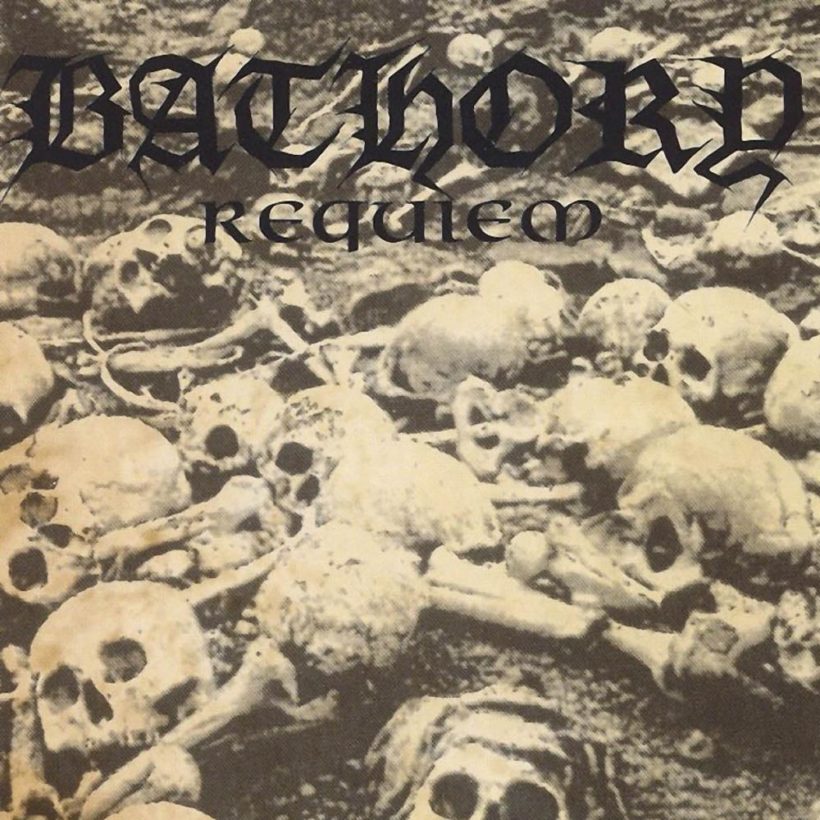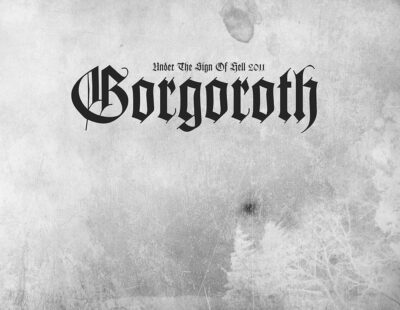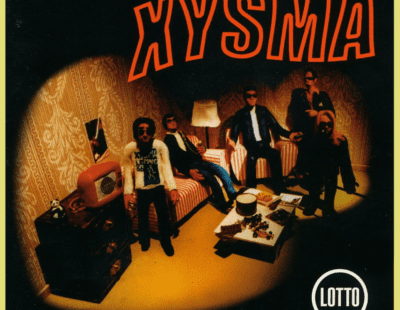
Everyone has their favorite Bathory era that they like to wave around like a banner that wards off those “falses” they don’t want to “entry.” They ultimetly, forgetting that Quorthon released two solo records that make the current crop of buzzword bands that they shit on seem absolutely menacing in comparison, albeit in the way a paper cut is more menacing than being tickled (unless you have a weak bladder). While one can be forgiven for forgetting/ignoring his attempt to be a (somehow) worse Billy Corgan, they shouldn’t ignore Requiem — his most shining yet overlooked moment of the decade.
As I’ve stated before, the mid-1990s were a strange period for metal with a lot of stylistic shifts and the rumblings of the later ’90s when shit got “weird” as many academic articles like to say. At least I think so — I generally skip those. Anyway, Bathory was no different. Quorthon released three records around the middle of the decade, Requiem, Blood on Ice and Octagon, which all focused on different facets of Bathory’s extensive recording career (black metal, Viking metal, shitty metal). Blood on Ice gets a lot of love even if you don’t believe it was a “lost” recording, or you do believe that it’s a metaphor for ice hockey, so it never really gets drug into the conversation about his records from this time period. Octagon is basically decaf coffee: Tastes similar but doesn’t have the energy or impact and is championed by boring people you don’t want to be friends with anyway. Requiem, on the other hand, is that gas station shit that’s been on the heater for hours: caustic and burnt but does exactly what it’s meant to do.
I never really read too many interviews around the time this record entered my life with the man. All I knew was he seemed to be going through an artistic midlife crisis and grew quite the child-fucker on his upper lip. Requiem seems to be the sonic equivalent to that kind of existential angst: It’s the rawest recording he’d done since the early ’80s, some would say as a response to what black metal had sprung into from the seeds he’d helped sow a decade before. I do remember the older kids who had introduced me to black metal and the more underground side of things really hated this record. As I was only 15 or 16 at the time I didn’t have this long standing love for a certain style of Bathory so I suppose I didn’t feel betrayed or any of the other emotions people irrationally attach to bands who don’t do the same thing over and over again.
Requiem is a rough listen, it lacks any of the atmospheric touches Quorthon began to nurture on his third record. It’s direct and punishing and could easily sit in the Cogumelo catalog. The bass tone is a fucking beautiful mess and the drums are equally as sloppy, harkening back to a time where aggression and emotion was a more important factor in music than technique and precision. It’s difficult to listen to a song like “Pax Vobiscum” and not hear a spirited rehashing of “Total Destruction.” Everything you need to know about this record can be summed up in its cover image of a pile of skulls. If only everything were that honest, there’d be a lot less broken hearts, stained sheets and shitty records that we regret buying. I used to have a fucking rad longsleeve of it but like most things in my life, I fucked up and somehow lost it.
Is this record as good as the first three? No. But it doesn’t have to be. This tradition of holding up a certain batch of records from artists and expecting everything to be an instant classic is fucking delusional. But this record has been overlooked and under-appreciated for too long. Unlike Octagon, or some of the later records, this isn’t just one for those obsessive collectors who need to own everything but listen to two of them. And considering how many people are buying bootleg Bathory merch from parasites using other people’s work to try to convince the world they themselves matter, you’d think that more people would try to listen to this record with fresh ears. Requiem remaining somewhat buried by time and dust is a perfect example of the style-over-substance crowd, the ones who weren’t supposed to “entry.”






